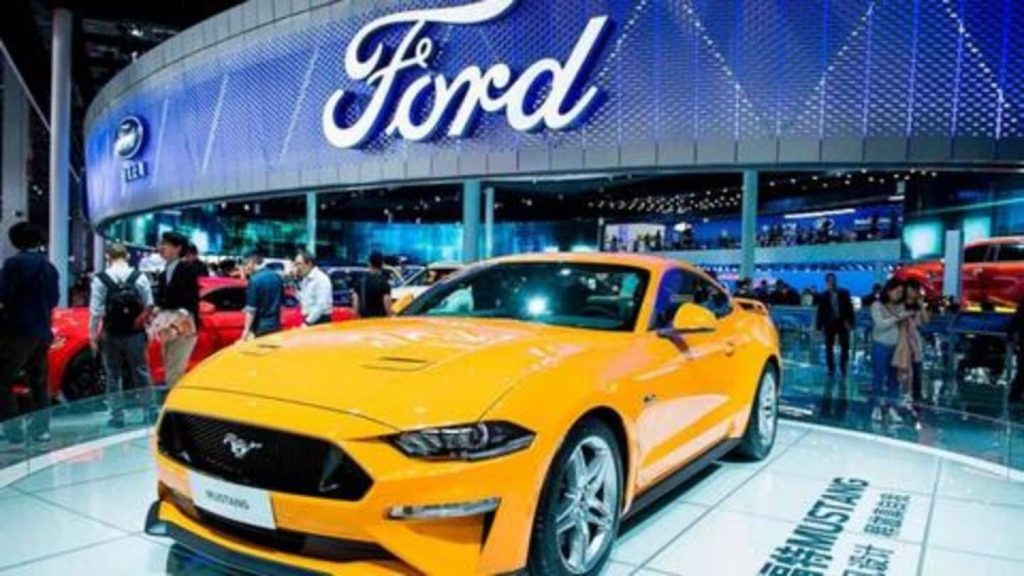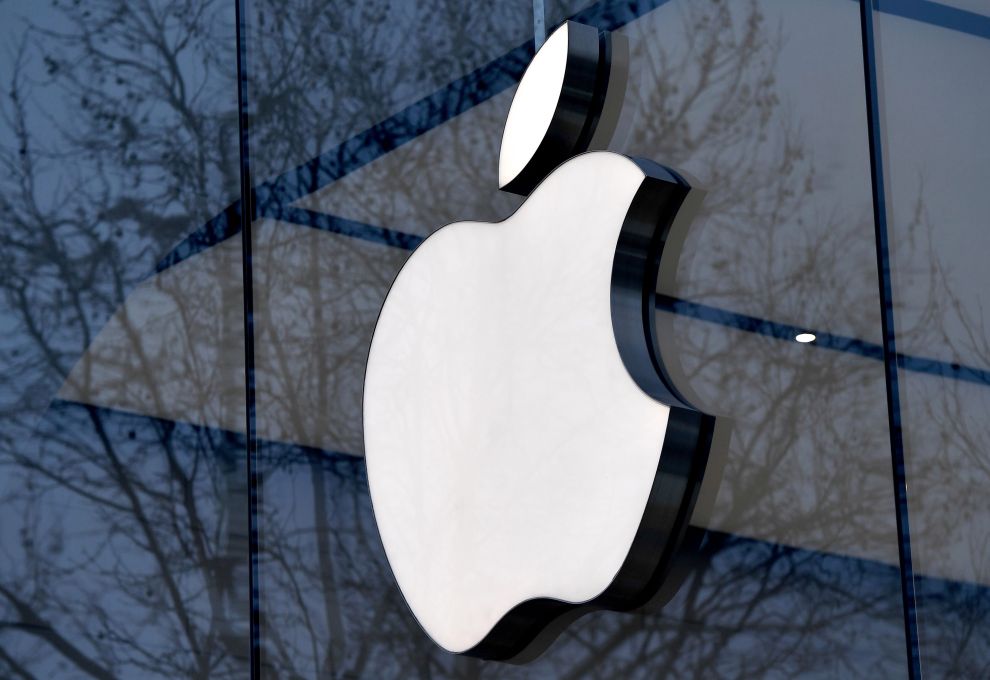Hi there. It’s that time of the week and yes, the weekend is here again.
As we slowly ease into the mood of rest, let’s go over some of the amazing stories from this week in the world of tech. These stories are between November 15 -19, 2021.
Ford and General Motors Enter the Chip Manufacturing Business
After a year of computer-chip shortages that hampered their global factory output, Detroit’s two largest automakers, Ford Motor Co. and General Motors Co., are looking to get into the semiconductor market.
Ford Corporation, on Thursday, announced a collaboration that could offer it more control over both the supply and design of its chips, the brains that manage essential processes in its automobiles.


In a statement, Ford said it had signed a nonbinding agreement with GlobalFoundries, a U.S.-based semiconductor supplier, to work on developing chips for Ford vehicles.
It also announced that the companies would also look into plans to expand domestic chip production.
“Computing power is the new horsepower. The demand for computing power is now so high, and we’ve got to have the right chips doing the right things.”
Chuck Gray, Ford’s vice president of vehicle embedded software and controls.
General Motors is also taking steps to improve its understanding of semiconductor development and availability.
Mark Reuss, G.M.’s president, said on Thursday that the number of semiconductors used in automobiles will double in the next few years.
According to Mr Reuss, who spoke at a Barclays investment bank automotive technology conference, the actions are part of a 95 per cent reduction in the number of chip variations, which should help expand chip supply while significantly lowering costs.
“We’re going to lead the industry with this,” he said. “And this will drive quality and predictability.”
Mark Reuss
Amazon will no longer accept Visa credit cards issued in the UK


Leading eCommerce giant, Amazon, has announced that it will discontinue accepting Visa credit cards issued in the United Kingdom as of January 19, 2022.
The company, in an email to its UK clients, stated that it will stop accepting these cards due to the exorbitant costs paid for credit card transactions.
Although the email is now being interpreted as Amazon escalating its battle with Visa in order to obtain better conditions, the company says it is striving for better services for its customers.
“The cost of accepting card payments continues to be an obstacle for businesses striving to provide the best prices for customers,” an Amazon spokesperson said.
All Visa debit cards, MasterCard credit cards, American Express credit cards, and Visa credit cards issued outside of the UK will be accepted. They can also set up a direct debit account for customers.
Amazon has been putting pressure on credit card companies in recent months due to the surge in their interchange fees, particularly in the UK.
Under EU rules, credit card interchange fees are regulated at 0.3 per cent. The UK, however, no longer has access to that cap as a result of Brexit. Making Visa charges a 1.5 per cent fee to UK customers.
This isn’t the first time Amazon has taken action against Visa; in September of this year, the eCommerce giant imposed a surcharge on Visa credit cards in Singapore.
Google announces $740 million investment plan in Australia


Google has announced its intention to invest $1 billion ($736 million) in Australia over the next five years in infrastructure, research, and partnerships.
The firm made this announcement on Tuesday as it disclosed its intention to launch a new initiative that will include the establishment of the first Australian Google research hub.
Google Research Australia will collaborate with Australian research institutes as well as other Google research centres around the world to see how AI might assist in solving problems.
The company plans to establish the research centre to also enhance its cloud computing capacity, and collaborate with government experts to address issues such as increasing the usage of renewable energy.
The $1 billion investment is the internet giant’s largest in Australia since it founded its Sydney headquarters in 2002.
This announcement comes after a dramatic struggle this year over laws that forced the top American tech companies to pay for news that appeared on their platforms.
The Australian government is still interested in further tech regulation, but Prime Minister Scott Morrison applauded Google on Tuesday for placing such a large stake in his nation.
“We have to embrace, encourage, and enable those seeking these new digital opportunities,” Mr Morrison said.
The billion-dollar investment plan, according to Google CEO Sundar Pichai, would help expand Australia’s digital infrastructure, give opportunities for local tech talent, and form new technological alliances to address Australian and global concerns.
“Google’s growing presence across Australia reflects our deep confidence in the future — and the profound opportunities ahead,” said Pichai.
Apple announces a “self-service repair” scheme that allows self repair of devices


Apple has unveiled a self-service program that would allow consumers who are skilled and comfortable doing so to repair their own devices.
This announcement represents a shift in Apple’s repair standards as well as a significant step forward for the right-to-repair campaign.
According to the company, with the scheme, users will be able to fix common issues with the iPhone display, battery, and camera.
Until now, iPhone users had to rely on Apple Authorized Service Providers and independent repair shops, or do it themselves under the table.
But users can now have access to genuine Apple components and tools through Self-Service Repair.
“Creating greater access to Apple genuine parts gives our customers even more choice if a repair is needed,”
Apple COO Jeff Williams
The program will be available in the United States in early 2022, followed by other countries throughout the year.
These repairs will be available first for the iPhone 12 and iPhone 13, and subsequently for Mac laptops with M1 processors.
Self-Service Repair will first focus on basic components such as the battery, camera, and display, with more parts becoming eligible later.
The company says that customers will be asked to read a repair manual before ordering components from a self-service repair online store.
Apple hasn’t released any particular pricing yet, but consumers who mail in a damaged component for recycling will receive a credit toward the ultimate amount.






